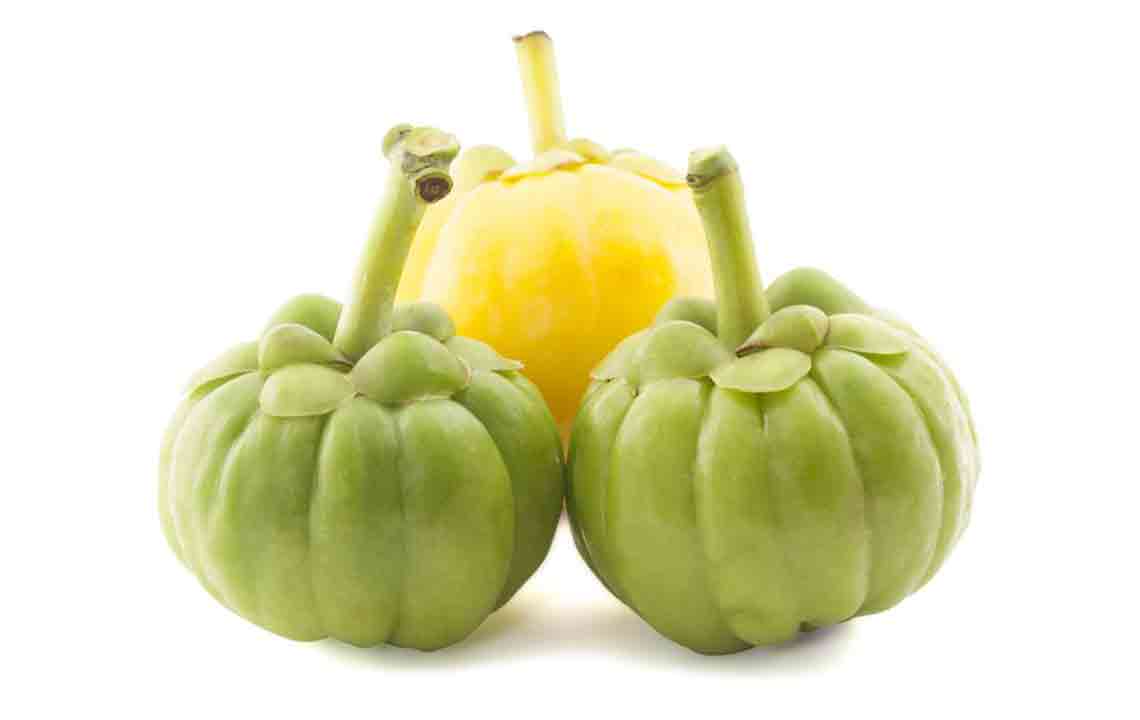Essential Information About Garcinia Cambogia for Health and Weight Management
Explore essential facts about Garcinia Cambogia, including its health benefits, traditional uses, potential risks, and safety considerations for weight management. Understand how this tropical fruit is cultivated, used, and its impact on health to make informed decisions about its consumption.

Essential Information About Garcinia Cambogia for Health and Weight Management
Garcinia cambogia is a tropical fruit resembling a small pumpkin, with colors ranging from light yellow to green. Known by various names like Malabar Tamarind and Brindle berry, this fruit has gained popularity for its potential role in supporting weight loss. Extracts derived from the fruit are now available commercially for this purpose. Traditionally used in many cultures, garcinia cambogia has been linked to weight management efforts but also poses risks such as liver toxicity and adverse side effects.
The plant is primarily cultivated in Southeast Asian countries like Indonesia, Cambodia, and Thailand, and also in Indian coastal regions such as Karnataka and Kerala. The ripe fruits tend to be yellowish, while unripe ones are green. Wild groves in Central Africa also grow this fruit. It favors humid climates, as drier environments are unsuitable for cultivation. For commercial purposes, the rinds are dried and sometimes preserved in salt solutions, then exported globally for use in weight loss supplements and culinary enhancements.
In addition to its health applications, garcinia cambogia is used in cooking to add sourness and pungency, often combined with tamarind for flavor enhancement. Whole dried fruits are also sold wholesale to retailers. Scientific and traditional uses of this fruit highlight its digestive and Ayurvedic benefits. Overall, garcinia cambogia remains a popular natural ingredient for weight management and flavoring, but its safety and efficacy continue to be debated due to potential side effects.
Health Benefits and Concerns
The fruit can promote weight loss by increasing satiety, speeding up digestion, and elevating metabolic rate. Rich in vitamin C, it may improve immunity and endurance. However, side effects such as gastrointestinal discomfort, dry mouth, dizziness, and liver toxicity have been reported, particularly with excessive intake. Interactions with medications should be discussed with a healthcare professional, as commercial products may contain preservatives or chemicals that alter the natural properties of the fruit.
While garcinia cambogia offers potential health benefits, unchecked consumption can lead to fat accumulation and other complications. It is essential to conduct thorough research and consult medical experts before including it in your health regimen. The fruit is also a good source of minerals such as calcium, iron, and phosphorus, but misuse or overuse may pose risks, emphasizing the need for balanced and informed usage.
Note:
Our blog provides valuable insights across various topics. While our research aims to inform, it should not replace professional medical advice. Readers are encouraged to verify information independently and consult health professionals before making significant changes to their health or diet. The site may not include all current offers or schemes related to garcinia cambogia or related products.










